Electric cars: why solid state batteries will eliminate range anxiety
Cutting-edge battery tech provides twice as much power per charge as lithium-ion versions in current EVs
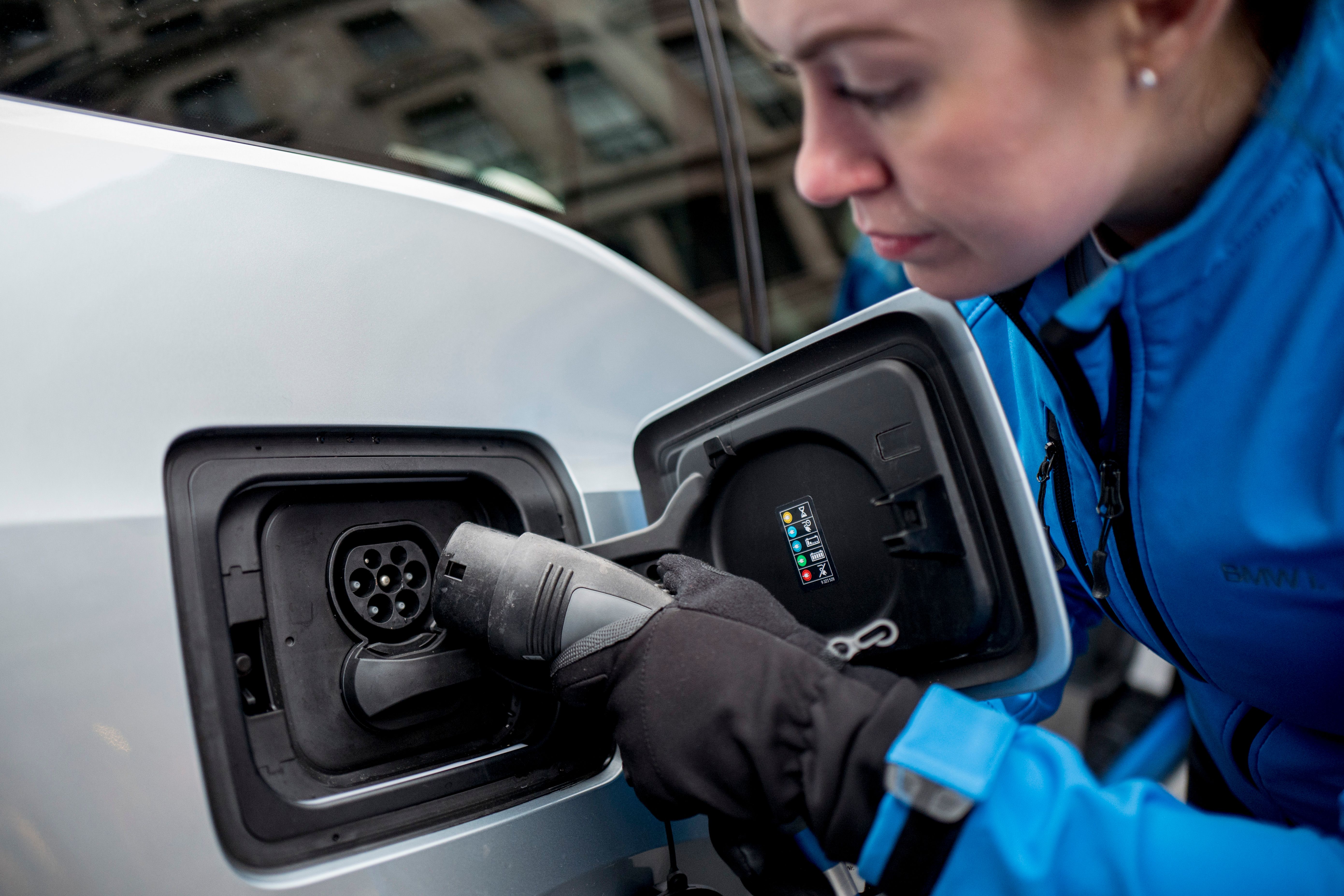
A free daily email with the biggest news stories of the day – and the best features from TheWeek.com
You are now subscribed
Your newsletter sign-up was successful
Carmakers are perfecting a new form of solid-state battery technology designed to eliminate one of the chief concerns among prospective EV buyers - range anxiety.
Today’s electric cars, from the Tesla Model 3 saloon to Jaguar’s I-Pace crossover, are all powered by lithium-ion batteries. These cells, which have been around for decades, are relatively cheap to charge but can’t compete with the range of petrol or diesel cars, leaving EV owners anxious about running out of power between charging stations.
However, it will be a different story when the “miraculous” new solid-state battery technology makes its way into production cars, says Autocar.
The Week
Escape your echo chamber. Get the facts behind the news, plus analysis from multiple perspectives.

Sign up for The Week's Free Newsletters
From our morning news briefing to a weekly Good News Newsletter, get the best of The Week delivered directly to your inbox.
From our morning news briefing to a weekly Good News Newsletter, get the best of The Week delivered directly to your inbox.
What are solid-state batteries?
As the name suggests, solid-state batteries are composed of “solid lithium electrodes” set in rigid “conductive” material such as ceramic or a polymer, reports Alphr.
By contrast, conventional lithium-ion batteries use solid lithium electrodes and are encased in a “chemical electrolyte”.
So why are they better than lithium-ion batteries?
A free daily email with the biggest news stories of the day – and the best features from TheWeek.com
Replacing the wet electrolyte with a solid means that the new batteries should be easier to make - and therefore cheaper - than the lithium-ion versions, says Top Gear.
But arguably the “biggest bonus” of solid-state technology is the improved “energy density” - the amount of power a battery can store “relative to its weight and volume”, according to Autocar. Solid-state units can reportedly store more than twice the energy of a lithium-ion battery pack, meaning drivers will get far more range.
Indeed, Dyson - due to enter the EV market in 2021 - claims to be working on a solid-state battery that offers up to 400Wh/kg of energy density, Car magazine reports. That’s almost double the punch of Tesla’s Panasonic-developed lithium-ion battery, at around 240Wh/kg, and could even surpass the total mileage of a full tank of fuel in a combustion-engined vehicle.
And better range isn’t the only benefit offered by solid-state systems.
Lithium-ion batteries have a reputation for being unsafe in the event of a collision, as rupturing the battery cells can lead to chemical fires. Although manufacturers install armoured plates to protect the cells, there have been a number of electric vehicle fire incidents.
The most recent occurred in Hong Kong in May, when a Tesla Model S burst into flames without warning some 30 minutes after the owner parked.
The lack of a chemical element in solid-state batteries should reduce this risk significantly. They’re also easier to cool than lithium-ion packs, further reducing the likelihood of fires, says Top Gear.
When will they feature in production cars?
Carmakers are racing to be the first to introduce solid-state batteries in their EVs, but no firm launch dates have been set as yet.
Dyson was expected to introduce the new power tech in its first-generation EVs, but now looks likely to use lithium-ion batteries for the time being, Electrek reports.
Meanwhile, Toyota announced last month that it plans to introduce electric cars with solid-state batteries as early as 2020, some two years earlier than originally planned, says Digital Trends.
-
 6 exquisite homes with vast acreage
6 exquisite homes with vast acreageFeature Featuring an off-the-grid contemporary home in New Mexico and lakefront farmhouse in Massachusetts
-
 Film reviews: ‘Wuthering Heights,’ ‘Good Luck, Have Fun, Don’t Die,’ and ‘Sirat’
Film reviews: ‘Wuthering Heights,’ ‘Good Luck, Have Fun, Don’t Die,’ and ‘Sirat’Feature An inconvenient love torments a would-be couple, a gonzo time traveler seeks to save humanity from AI, and a father’s desperate search goes deeply sideways
-
 Political cartoons for February 16
Political cartoons for February 16Cartoons Monday’s political cartoons include President's Day, a valentine from the Epstein files, and more
-
 BMW iX3: a ‘revolution’ for the German car brand
BMW iX3: a ‘revolution’ for the German car brandThe Week Recommends The electric SUV promises a ‘great balance between ride comfort and driving fun’
-
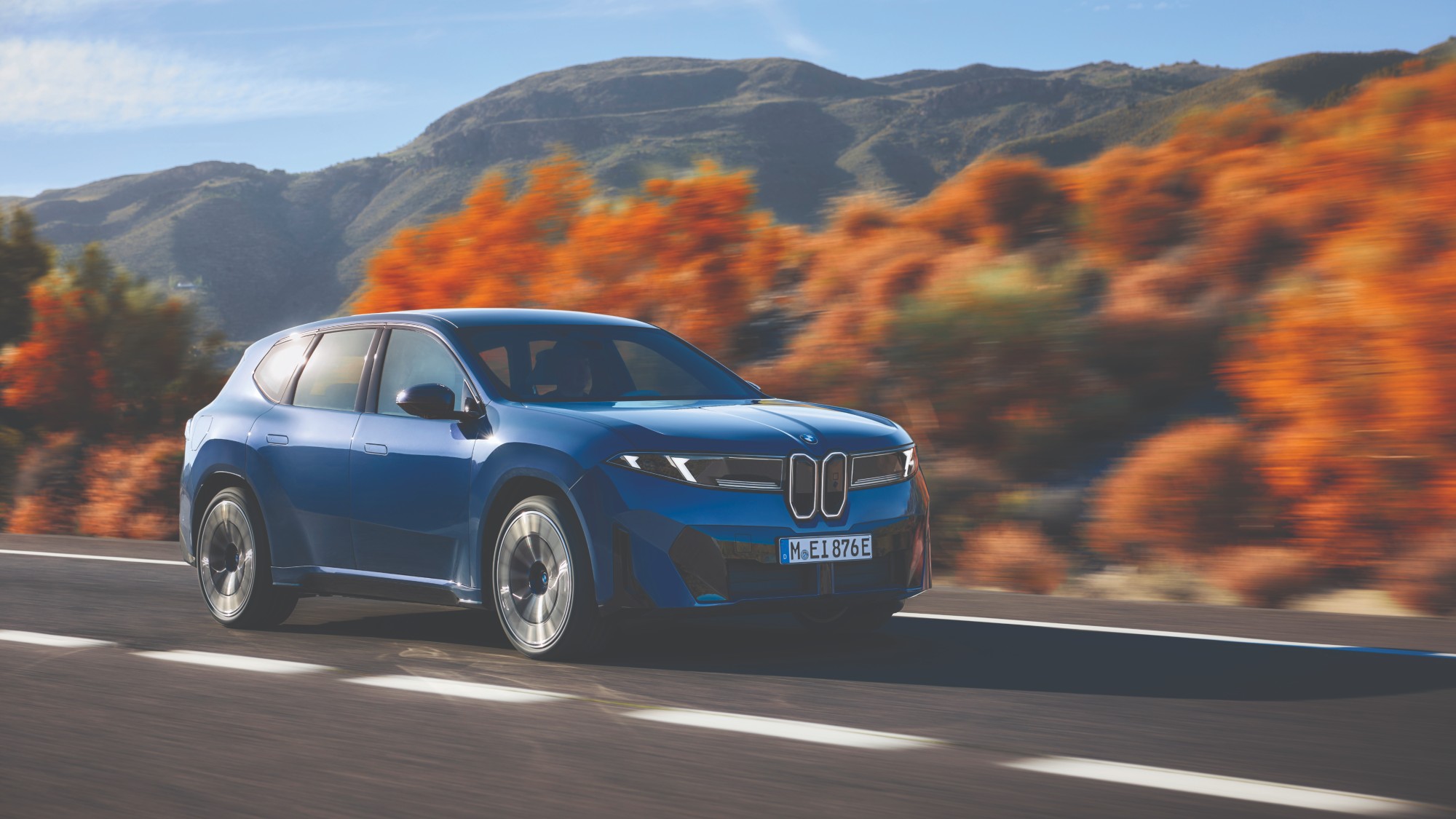 The best new cars for 2026
The best new cars for 2026The Week Recommends From SUVs to swish electrics, see what this year has to offer on the roads
-
 Are plug-in hybrids better for America's climate goals?
Are plug-in hybrids better for America's climate goals?Talking Points The car industry considers a 'slower, but more plausible path' to reducing emissions
-
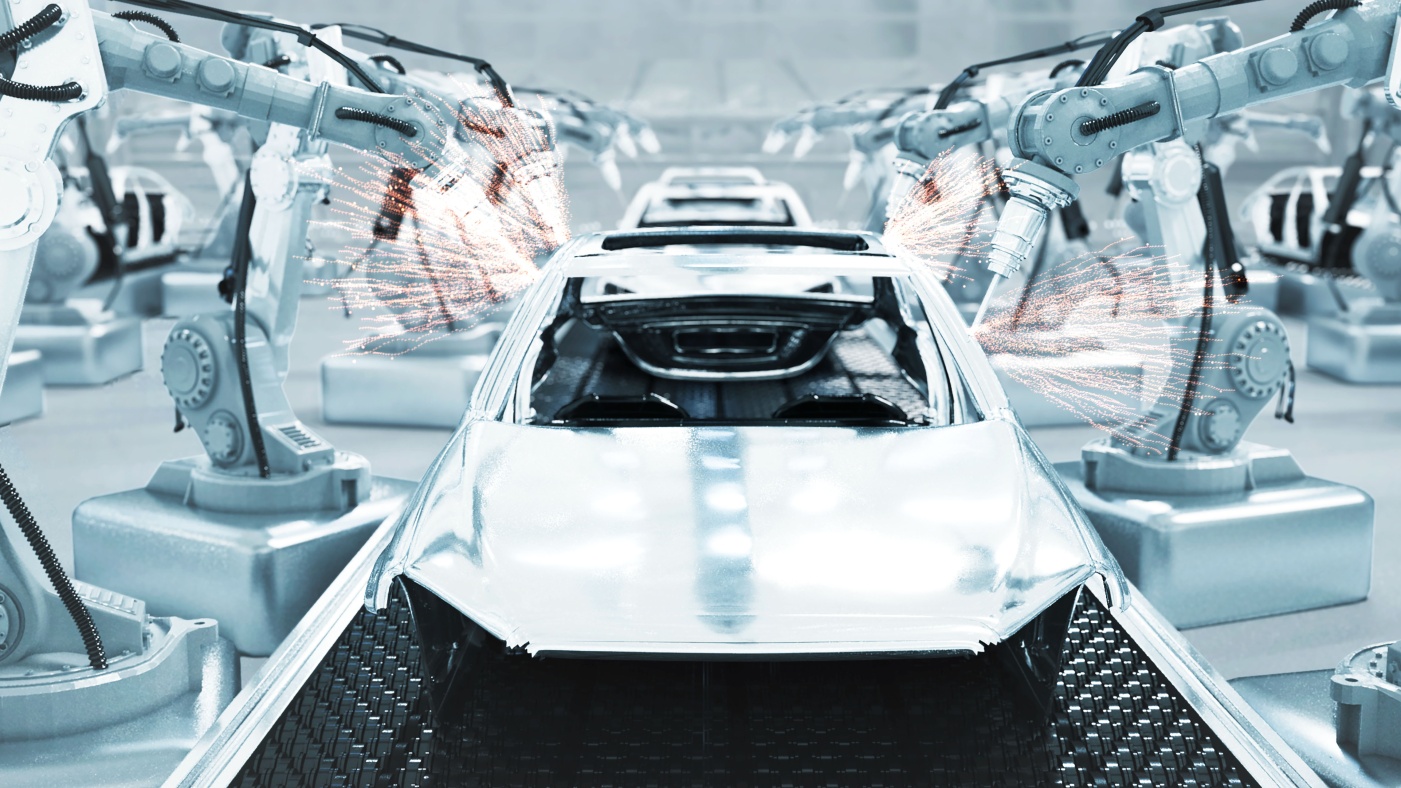 EV market slowdown: a bump in the road for Tesla?
EV market slowdown: a bump in the road for Tesla?Talking Points The electric vehicle market has stalled – with worrying consequences for carmakers
-
 The week's good news: Dec. 14, 2023
The week's good news: Dec. 14, 2023Feature It wasn't all bad!
-
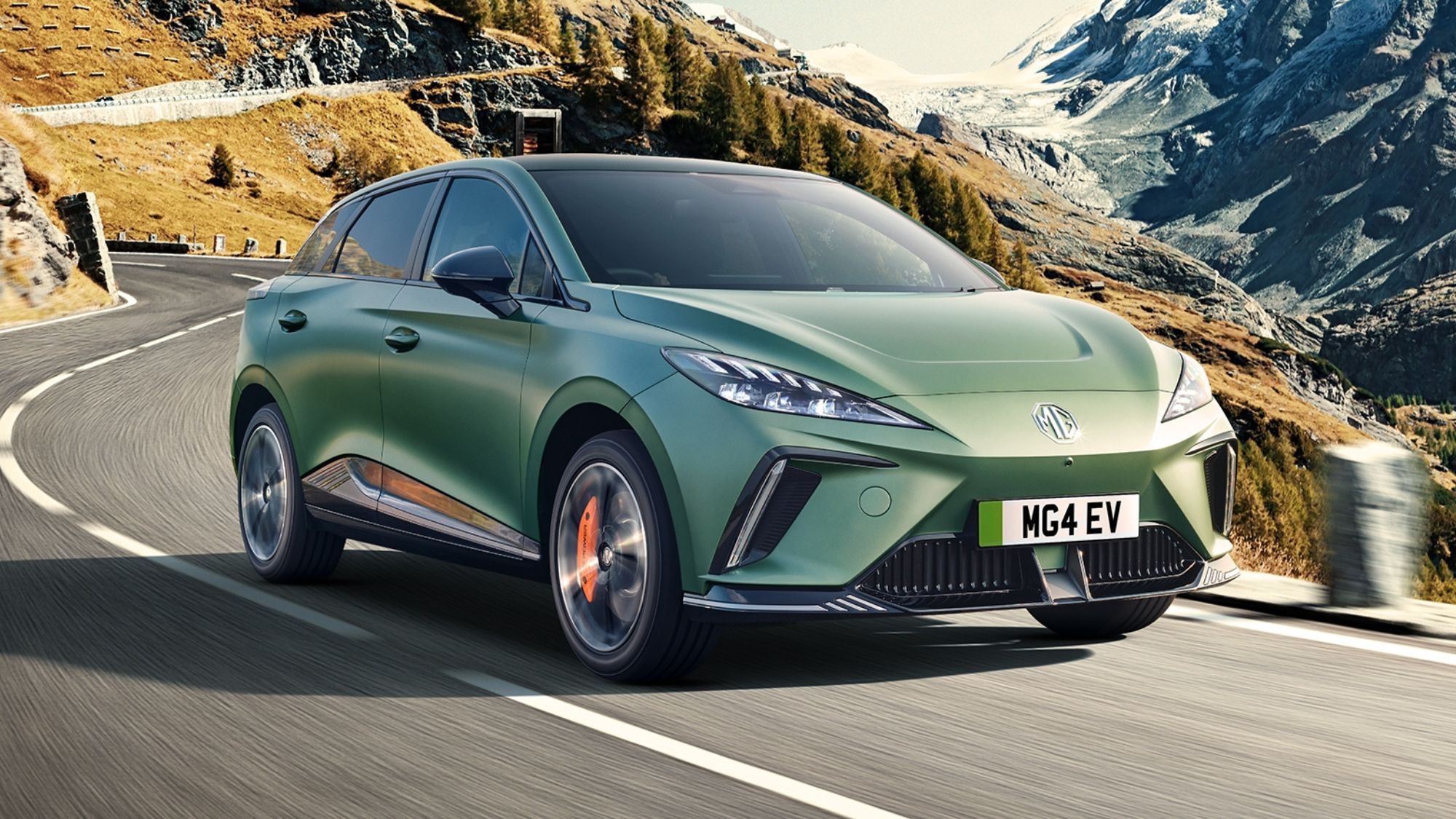 MG4 EV XPower review: what the car critics say
MG4 EV XPower review: what the car critics sayFeature The XPower just 'isn't as much fun' as a regular MG4
-
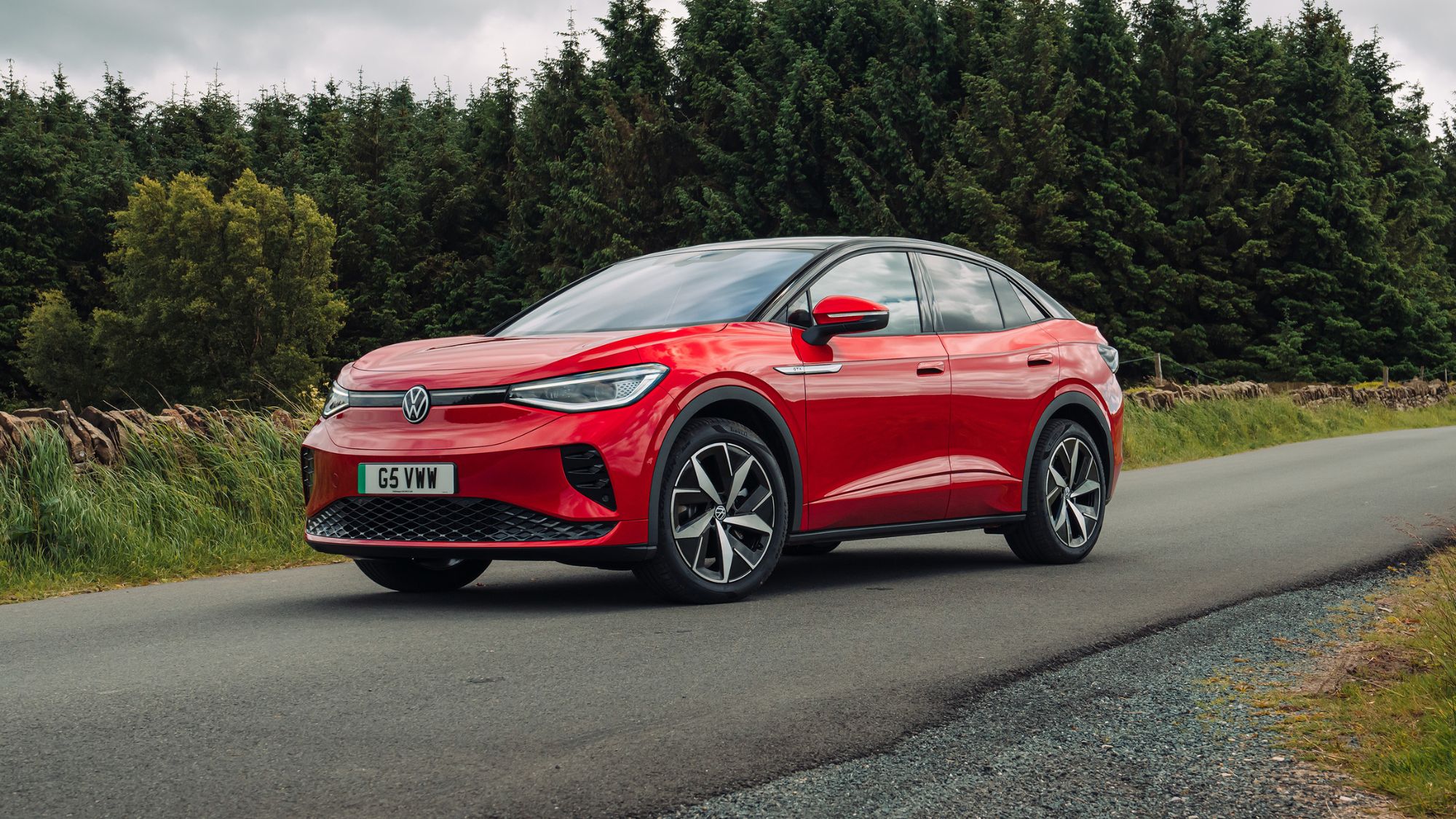 Volkswagen ID.5 review: what the car critics say
Volkswagen ID.5 review: what the car critics sayFeature The ID.4's 'sportier, more stylish twin' – but 'don't believe the hype'
-
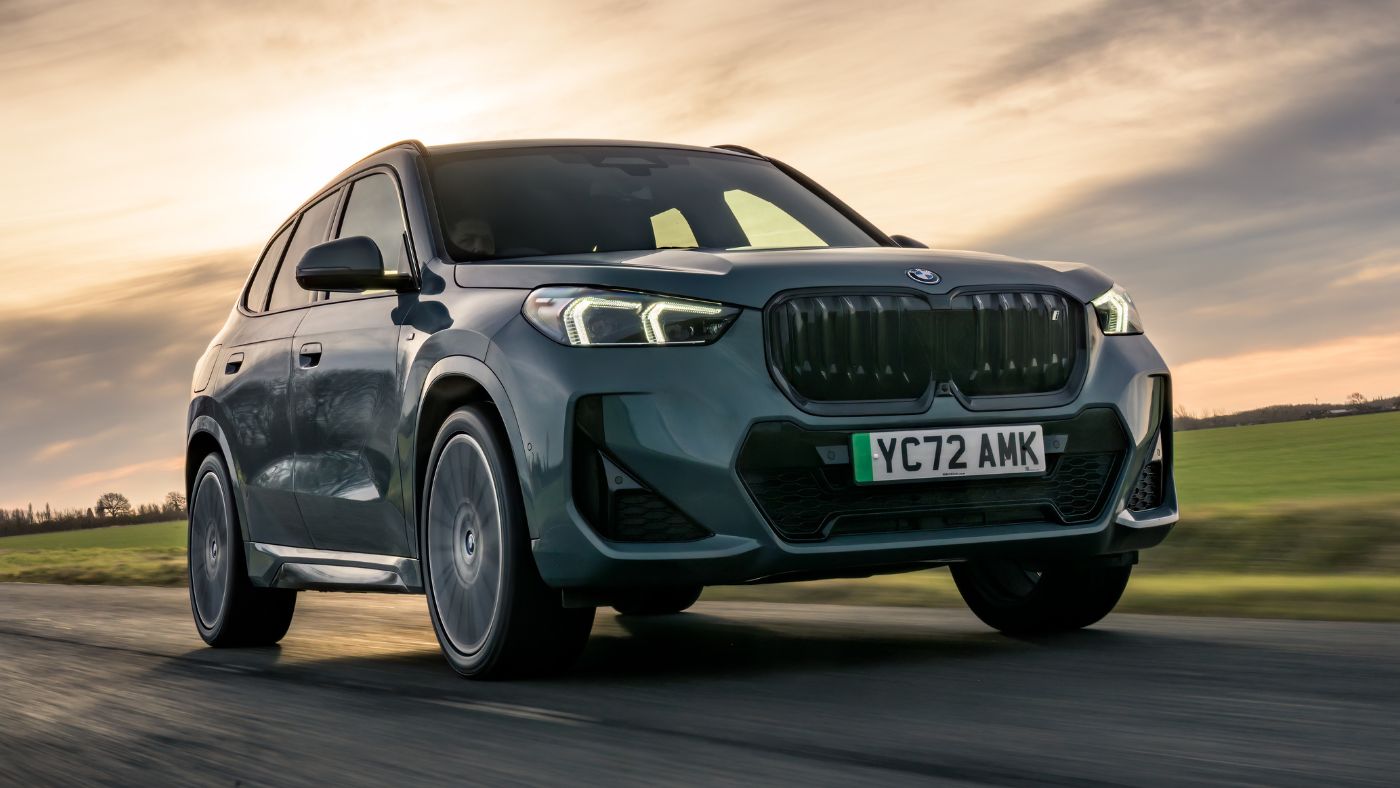 BMW iX1 review: what the car critics say
BMW iX1 review: what the car critics sayThe Week Recommends BMW’s smallest electric crossover has ‘precise’ steering and a ‘smart interior’